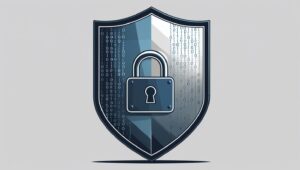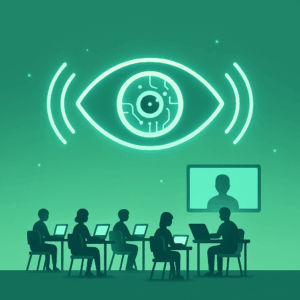In recent years, online learning has gained tremendous popularity, providing flexibility and convenience to students pursuing various educational programs. Nursing programs, in particular, have embraced the online format, allowing aspiring nurses to acquire knowledge and skills from the comfort of their homes. However, with this shift to online education comes the need for effective assessment methods to ensure academic integrity. Online proctoring has emerged as a crucial tool in maintaining the credibility and rigor of nursing programs. This blog will explore the top six reasons why online proctoring is essential for nursing programs.
Maintaining Integrity
One primary reason for implementing online proctoring in nursing programs is to uphold academic integrity. Aspiring nurses must demonstrate competence and knowledge to provide safe, quality patient care. Online proctoring enables the monitoring of students during exams, preventing cheating and ensuring the validity of their test results. By deterring dishonest behavior, online proctoring promotes fairness and maintains the integrity of the nursing profession.
Securing Test Integrity
The security of nursing exams is paramount. With online proctoring, nursing programs can implement stringent security measures to safeguard the integrity of their examinations. Features like live monitoring, AI-based behavior analysis, and secure browser lockdowns help prevent unauthorized access to exam materials and mitigate cheating attempts by ensuring examination security. Online proctoring guarantees students’ test scores accurately reflect their knowledge and skills.
Adaptability for Distance Learning
Many nursing students opt for online programs due to the flexibility they offer. Therefore, online proctoring aligns with this flexible learning format, enabling students to take exams at a time and place that suits them best. With the ability to schedule exams remotely, students in distant locations or with varying personal obligations can pursue their nursing education without the constraints of traditional on-site exams. So, this flexibility enhances access to nursing programs, empowering a diverse range of individuals to enter the profession.
Real-time Monitoring and Assistance
Online proctoring ensures exam security and provides real-time monitoring and support for students. Hence, proctors can observe students’ behavior during exams and promptly address technical issues. Additionally, students can contact proctors for assistance or clarification, ensuring a smooth and uninterrupted testing experience. Real-time support enhances the confidence and comfort of nursing students, contributing to a more positive learning environment.
Standardized Evaluation and Skill Measurement
In nursing programs, standardized evaluation and competency assessment ensure consistent standards across educational institutions. Eventually, online proctoring allows for standardized testing protocols, ensuring all students undergo the same assessment process. This consistency facilitates accurate evaluation of students’ competency levels and enables nursing programs to gauge their effectiveness in delivering quality education. By employing online proctoring, nursing programs can maintain uniformity in the evaluation and foster excellence in nursing practice.
Budget-Friendly and Streamlined Operations
Online proctoring in nursing programs can offer significant cost savings and increased efficiency. Hence, traditional on-site exams require extensive logistical arrangements, such as securing exam venues and hiring invigilators. Online proctoring eliminates these expenses by enabling exams to be taken remotely. Furthermore, automated features like AI-based behavior analysis streamline the exam review process, reducing the time and effort required for grading—the cost-effectiveness and efficiency of online proctoring benefit nursing programs and students alike.
Summing Up
Online proctoring ensures nursing programs’ credibility, security, and effectiveness by upholding academic integrity, maintaining examination security, providing flexibility, offering real-time monitoring and support, enabling standardized evaluation, and enhancing.











